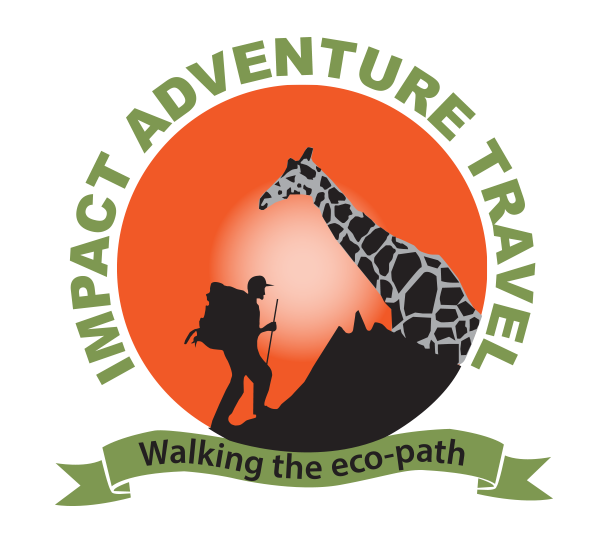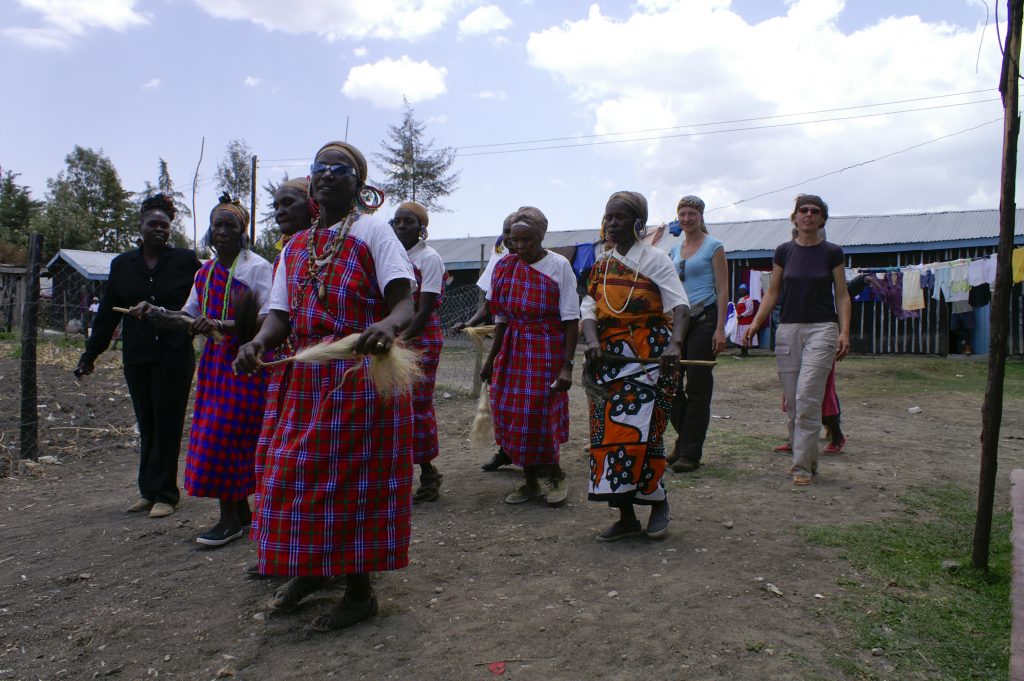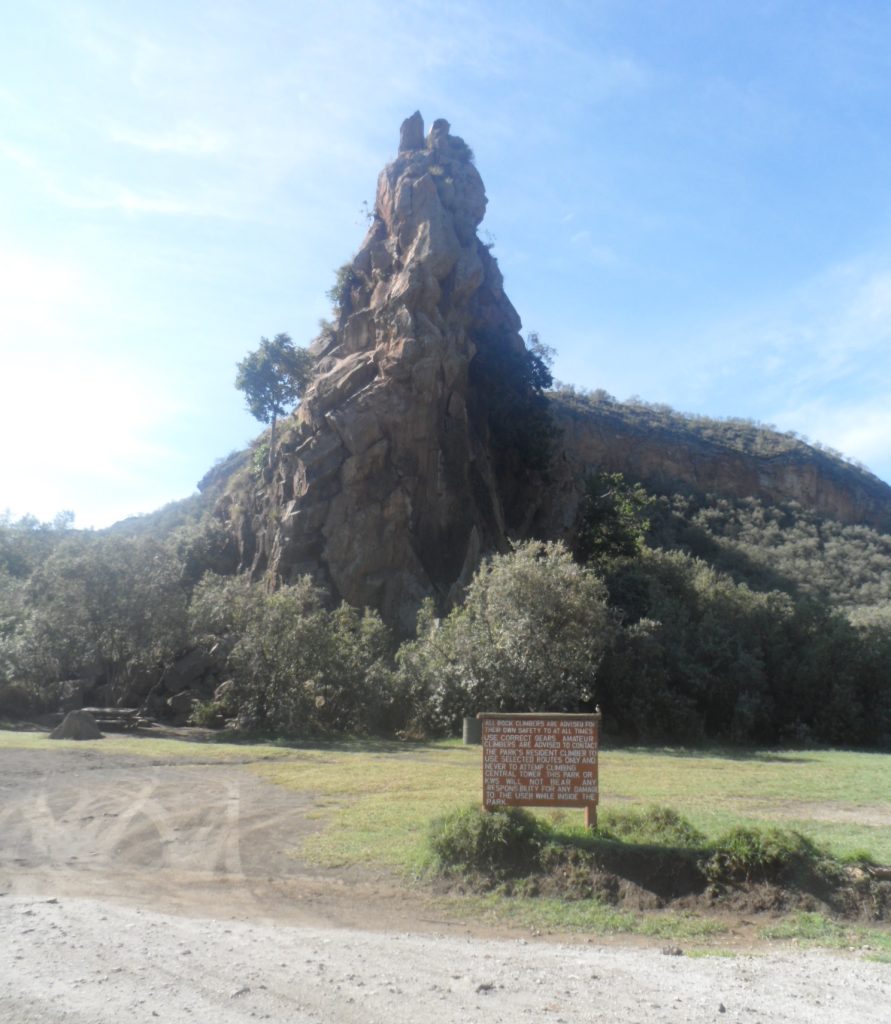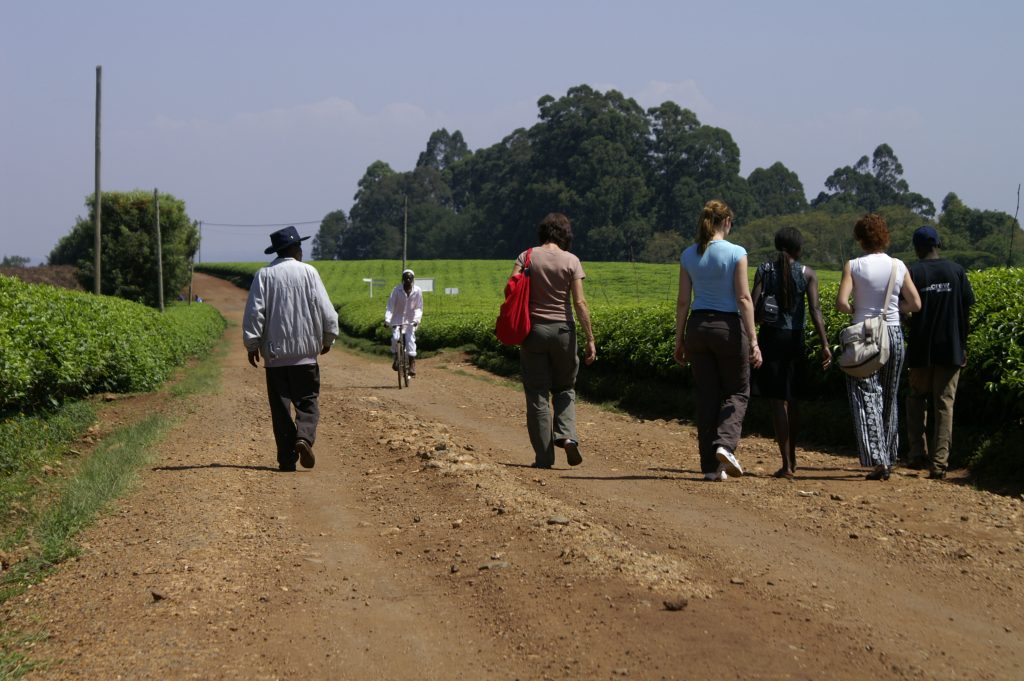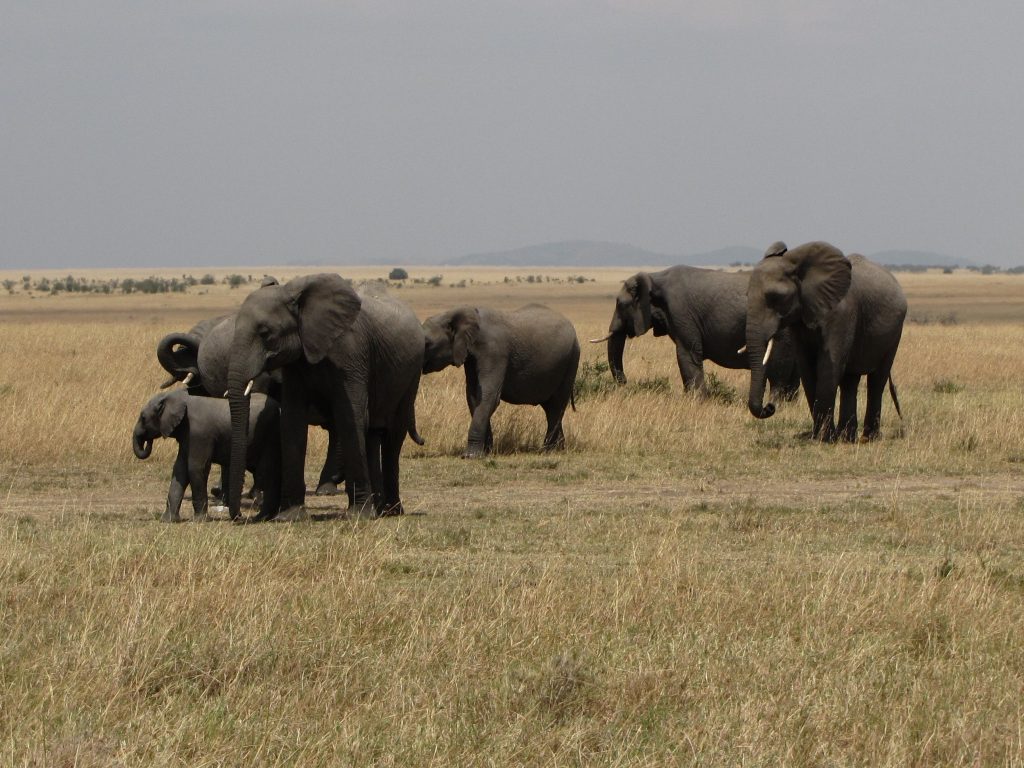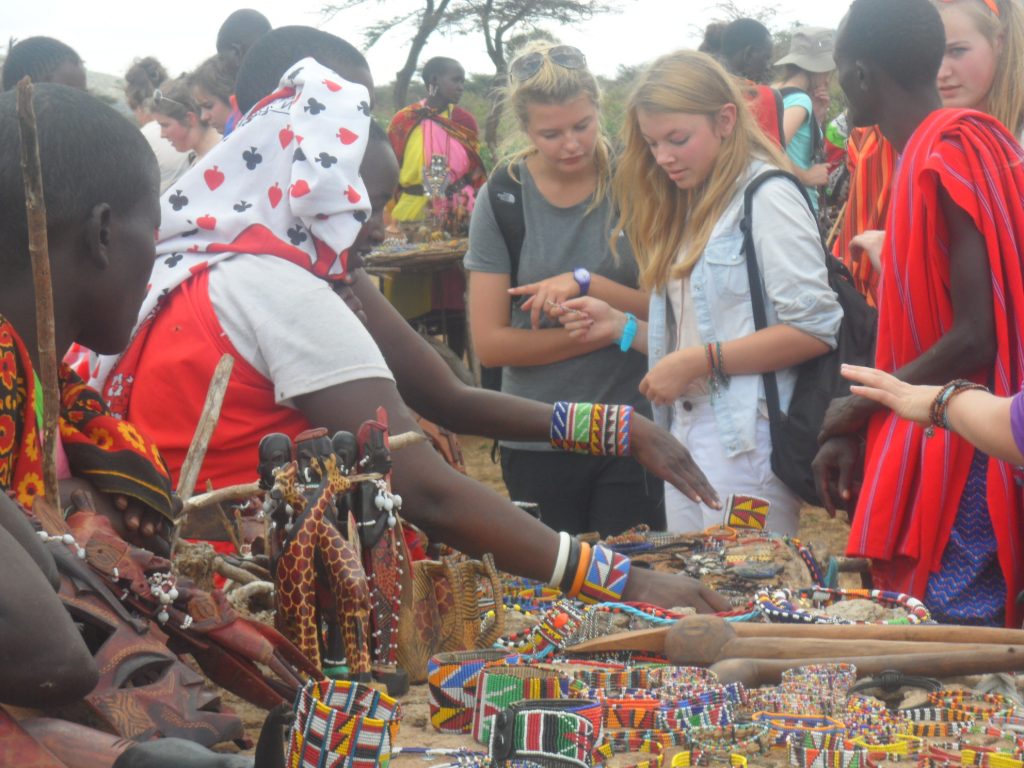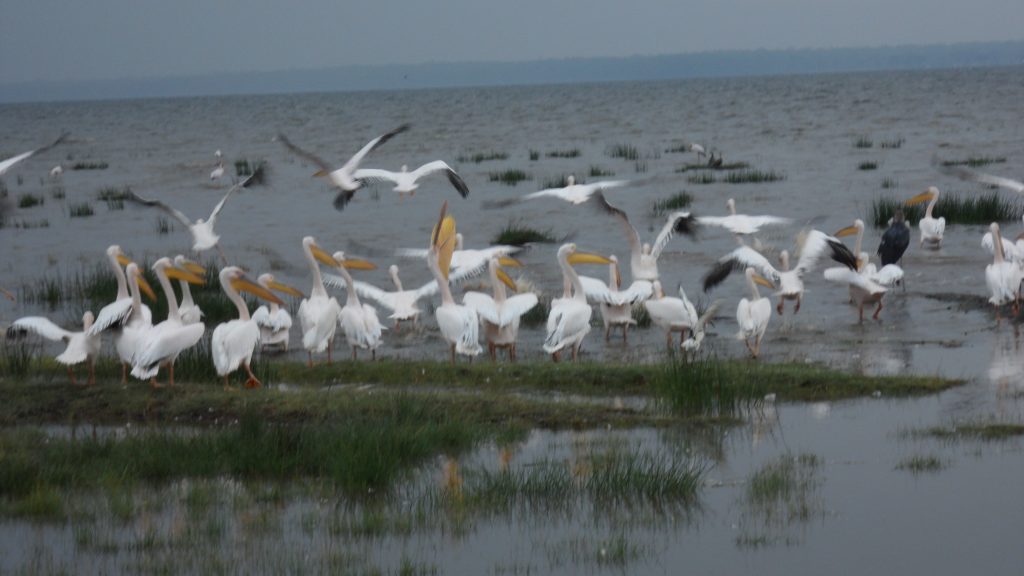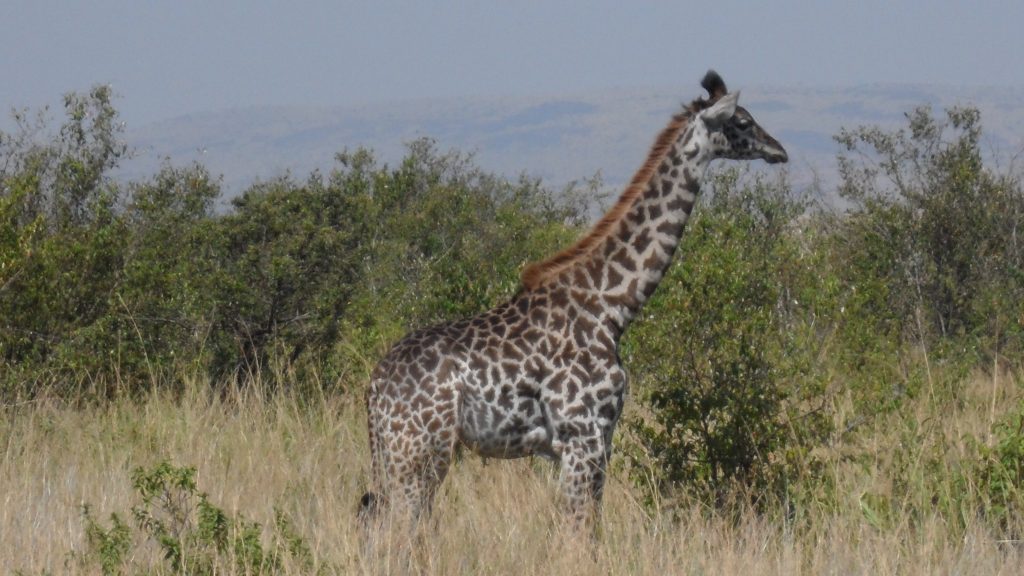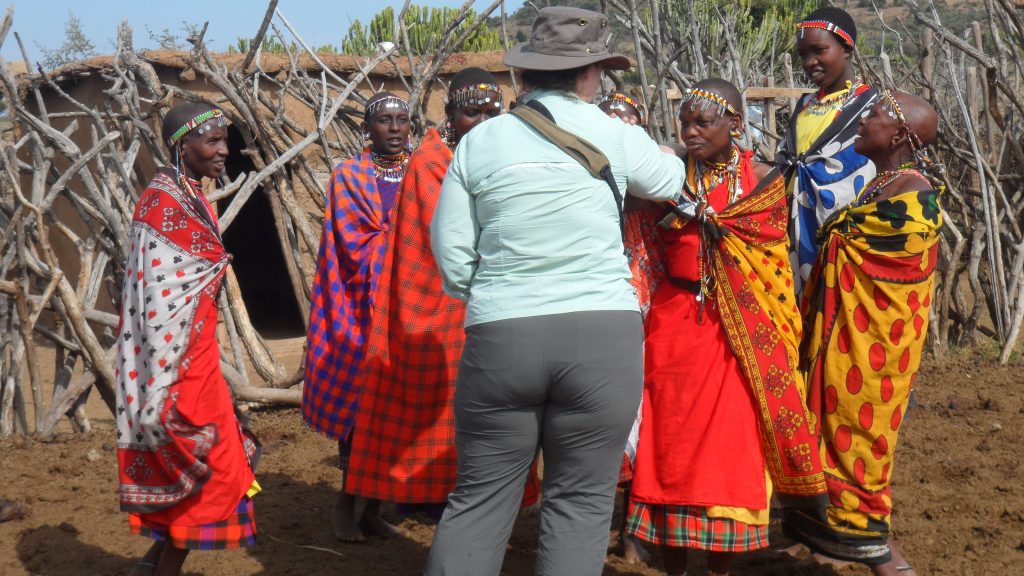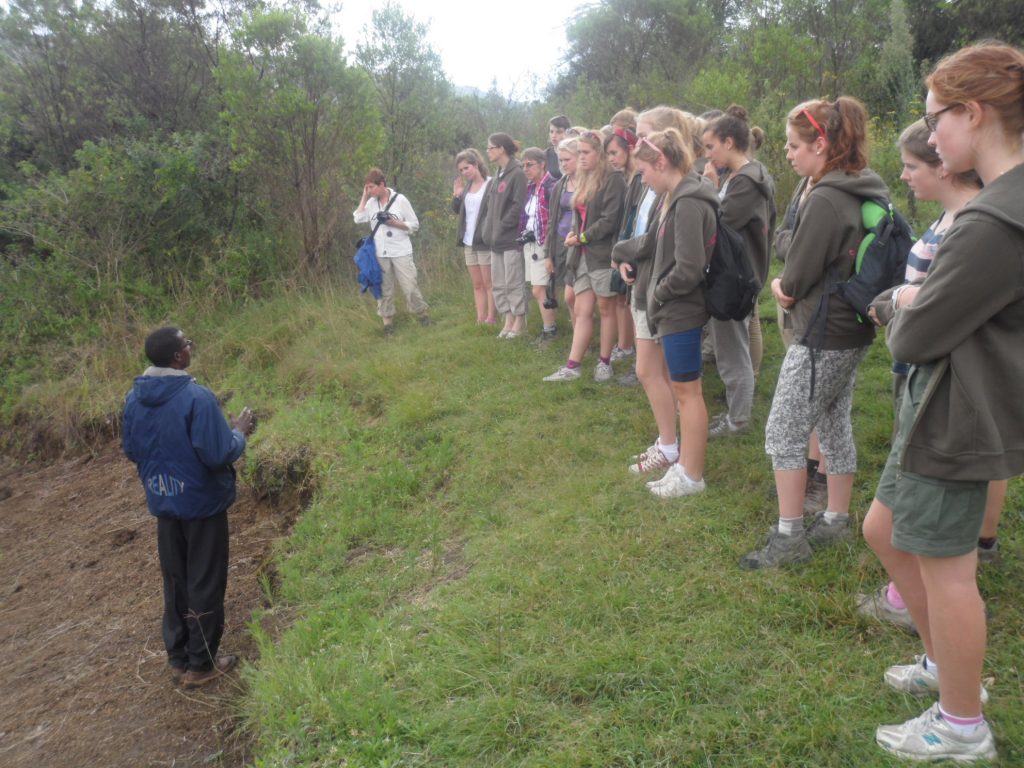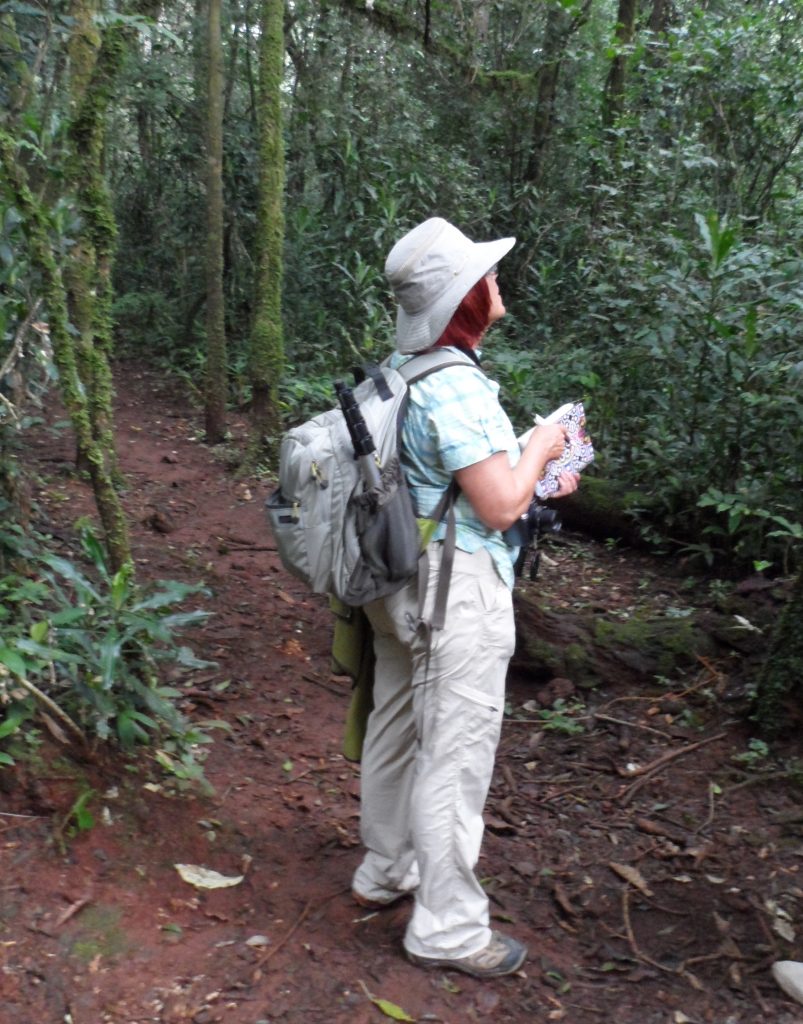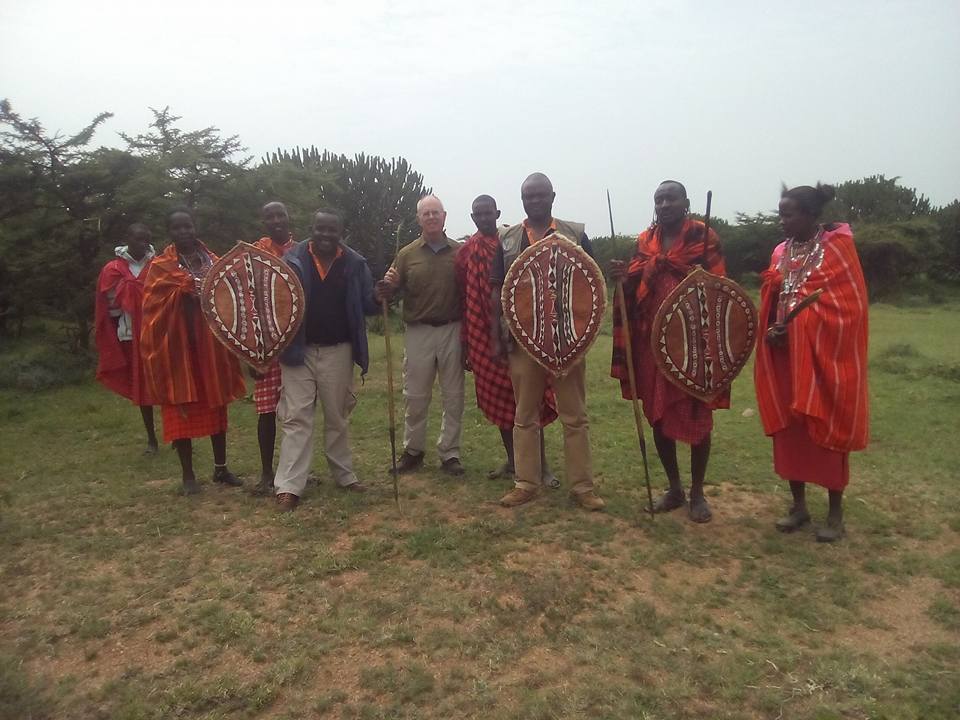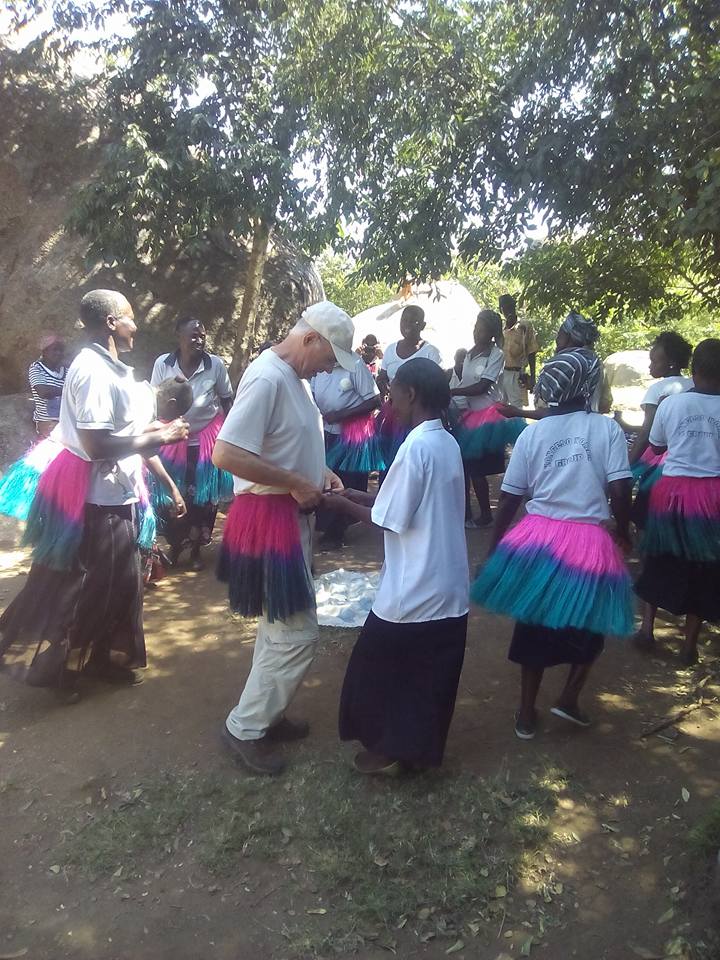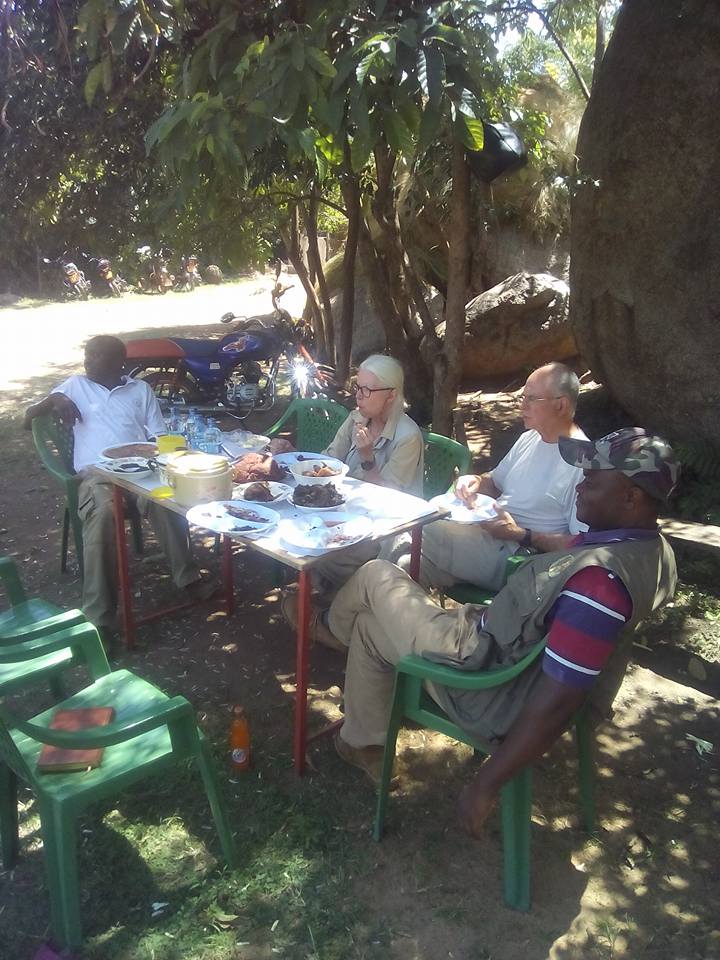13 days (not including air travel)
This is an epic journey to discover Kenya’s diverse environments and ecosystems while supporting local communities. We take you a step back in time to evening campfire tales, hurricane lamps and dinner under starlit African skies with the sights and sounds of the bush. A unique aspect of this tour is the opportunity to interact with the local people and learn about their enduring cultural practices.
Day 1: Nairobi-Lake Naivasha
Depart Nairobi at 0800 Hrs and drive into the Great Rift Valley, stopping at a vantage point along the way to catch a panoramic view if the landscapes. On arrival at Lake Naivasha, we’ll take a boat ride to Crescent Island for a game walk. Crescent Island, a peninsula on the eastern shore of Lake Naivasha, is a privately owned game sanctuary that hosts giraffes, waterbucks, elands, zebras and impalas. There is also abundant bird life including pelicans, cormorants and fish eagles. Crescent Island Park is considered one of the most beautiful parks in Kenya with more animals per unit area than any other Kenyan park.
Accommodation: Camping
Meals: Breakfast, Lunch and dinner
Day 2: Hell’s Gate/Lake Naivasha
Transfer to Hell’s Gate National Park for an exhilarating hike down the gorge. The gorge that the park derives its name from is a product of the powerful tectonic and volcanic activities experienced during the formation of the Great Rift Valley. The gorge baffles and awes explorers and it is said to resemble ‘hell’ hence the name Hell’s gate. There are soaring lava cliffs, steaming volcanic vents and hot springs.
If interested, we can also arrange for cycling in the park. Here, you walk or ride through herds of plains game that includes eland, gazelle, and zebra. Other wild animals in the park include the rare klipspringer, ostrich, waterbuck, impala, buffalo and warthogs.
Return to our camp for lunch then a 2 hour transfer to Lake Nakuru National Park for evening game viewing.
Accommodation: Camping
Meals: Breakfast, lunch and dinner
Day 3: Lake Nakuru
Depart after breakfast for a two-hour drive to Lake Nakuru National Park for game drives. This park is an ornithologist’s paradise famed for its large concentration of flamingoes and nearly 450 species of other birds and as a rhino sanctuary. Also found here are waterbuck, buffalo, impala, zebra and several other animals.
Accommodation: Wildlife Clubs guesthouse
Meals: Breakfast, lunch and dinner
Day 4: Kembu Farm
Morning game drive then a short drive to Kembu farm. Whole day on the farm with several activities to keep us busy-walks around the expansive farm, visit the dairy, racehorses, Kenana women’s knitting project that provides employment to a group of local women.
Accommodation: Camping
Meals: Breakfast, lunch and dinner
Day 5: Kakamega Forest
From the Rift Valley, we journey to the west through Eldoret to Kakamega Forest. This is a tropical rain forest that is an extension of the original Congo forest and is home to a varied and colorful avifauna more typical of Central Africa. Driving time is about 5 hours.
Accommodation: Camping
Meals: Breakfast, lunch and dinner
Day 6: Kakamega Forest
Morning and afternoon nature walks through a network of nature trails in the forest and bird watching. There are massive trees with beautiful forest canopies, some as old as 400 years, numerous bird species and primates. The thick and mostly wet undergrowth supports insects and small animals. Over 300 species of birds have been recorded here and these include eagles, doves, Great Blue Turaco, the African Emerald Cuckoo, Yellow-bill, Bar-tailed Trogon, Blue-headed Bee-eater, White-headed Wood-Hoopoe and others.
Accommodation: Camping
Meals: Breakfast, lunch and dinner
Day 7: Lake Victoria
Predawn hike to the summit of Lirhanda hill. This is an exhilarating climb and the trail meanders through the dense forest. We’ll arrive at the hill top in time to watch the spectacular African sunrise and will also explore caves and enjoy a nature walk and bird watching on our way back. We’ll drive back to our camp for mid-morning breakfast and relaxation. In the afternoon after lunch, we’ll drive south to Lake Victoria via Maseno at the equator. Get a chance to be in two places at the same time! Maseno straddles the equator so you can be on the northern and southern hemispheres at the same time. You can get out of your vehicle and pose for photographs by the Equator sign.
Accommodation: Local guesthouse.
Meals: Breakfast, lunch and dinner
Day 8: Lake Victoria
Transfer to Lake Victoria’s Hippo Point from where we get onto the boat for a ride on Lake Victoria. We’ll head to the Dunga fishing village for interactions with the local fishermen. This is a popular fish landing site and you will witness how local fishermen arriving from nightlong fishing expeditions offload their catch of Nile Perch, tilapia and dagaa fish. Fishing is the major economic activity for the local Luo people here. We’ll also do a nature ride around the Dunga wetland for bird watching and we may also see hippos. In the afternoon we’ll drive to Kit Mikayi village to have lunch prepared by the Kit Mikayi local women association/group (a chance to savour and enjoy local food). After lunch, there is a Luo cultural tour. Kit Mikayi is a rock formation about 40 metres high, which in the local dholuo language means “Stones of the first wife” or “First Wife Rocks”. The site offers a sneak peek into the history of the local Luo tribe. According to the Luo folklore, Kit Mikayi, the mother of the Luo tribe, rested at this site after her long journey south, down the Nile valley. The site is popular with religious sects and individuals coming there to offer sacrifices and pray. We’ll then return to our guesthouse in the late afternoon.
Accommodation: Local guesthouse.
Meals: Breakfast, lunch and dinner
Day 9: Tepesua Maasai Village
From the lake region, we head southwards, driving through rich agricultural country with sugarcane plantations and acres of green tea fields in Kericho, the heartland of tea farming in Kenya. Cool fresh air of the rich agricultural lands greets you as you traverse the expansive farms which later give way to the sprawling Loita plains. After a 5-6 hour drive we arrive at a small Maasai settlement in the bush for insights into their fascinating way of life. Here you can visit traditional homes, observe or engage with day-to-day life, milk the goats maybe, try some beadwork making, and immerse yourself amongst myriad other serendipitous activities which invariably crop up; or just relax and watch the savannah. The Maasai live as they have done for centuries in a traditional and sophisticated culture. They are not just residents of the land; they are as much a part of the life of the land as the land is part of their own lives. This belief is strongly reflected in their respect for the land and all beings that exist on it. They rarely hunt and instead choose to live alongside the area’s wildlife in harmony. They are passionate about their cattle.
Dinner by the campfire, starlit skies, and the sounds of the African night – often hyenas calling very nearby. Overnight in Maasai style eco-cabins in a tiny camp.
Accommodation: Tepesua Maasai Camp
Meals: Breakfast, lunch and dinner
Day 10: Tepesua Maasai Village/ Maji Moto
Morning gentle walk through the savannah with the Maasai as guides and interpreters of their lands, often spotting giraffe, impala, zebra, wildebeest, baboons – even elephant. Lunch back at the camp and then an opportunity to visit a couple of small primary school classrooms if you wish (part of the Enkiteng Lepa Maasai Women’s project we support here). A short drive away is another tiny settlement of Maji Moto with a hot spring – you can take a dip (or just dip your toe). “Maji Moto” is a Swahili word that means “hot water” and the place derives its name from the nearby hot springs. The hot spring water is highly respected by the locals as a cure for skin ailments. There’s a junior school here which we support and you could visit also if you wish. Back to camp and overnight again in Maasai style eco-cabins.
Accommodation: Tepesua Maasai Camp
Meals: Breakfast, lunch and dinner
Day 11: Masai Mara
Depart after breakfast and drive for 1-2 hours to Masai Mara. Full day devoted to game drives in the reserve, with time to explore more of Masai Mara’s scenery and to catch a glimpse the “The Big Five” animals of Kenya: lions, leopards, elephants, buffalo and rhino. In addition to these, Masai Mara teems with other fascinating wild animal species: giraffes, zebras, hippos, baboons, wildebeests, warthogs, gazelles, crocodiles, and numerous bird species. After a full day of taking in nature’s sights, we return to the camp in the late afternoon
Accommodation: Tented Camp
Meals: Breakfast, lunch and dinner
Day 12: Masai Mara
Full day of game drives in the Masai Mara. The Mara Game Reserve is largely plains and the open grasslands are habitat to rich and varied wildlife such as lion, leopard, cheetah, buffalo, zebra, giraffe etc. There are also several species of birds. The annual migration of millions of wildebeest and antelope from July to September is a spectacle never to be missed by any visitor to the Mara.
Accommodation: Tented Camp
Meals: Breakfast, lunch and dinner
Day 13: Nairobi
Early morning game drive. Later return to camp for a late breakfast followed by transfer back to Nairobi.
Meals: Breakfast.
